
11 Reasons Why You Have Red Dots On Your Skin
Have you ever noticed red dots on your skin and wondered what could be causing them? Red spots can come up for a variety of reasons, ranging from simple and harmless to more serious conditions. Understanding the potential causes can help you determine if or when it’s time to seek medical attention. Here are 11 reasons why you might have red dots on your skin:
1. Contact Dermatitis

Your red spots may be the result of contact dermatitis, which is triggered by an exposure to irritating substances or allergens. Symptoms include an itchy rash with bumps, swelling, and flaky skin. Learning to identify and avoid the triggering substances is key to managing this condition.1
2. Cherry Angiomas

Cherry angiomas are characterized by round, red or purple spots on your skin, which are caused by enlarged blood vessels. Common in adults aged 30 and older, these growths are typically benign but can be removed if they bleed or cause any concerns.
3. Swimmer’s Itch (Cercarial Dermatitis)

Swimmer’s itch is caused by parasitic infection after being exposed to contaminated water, which then leads to itchy, red rashes (hence the name). Topical steroids and antihistamines can help with the symptoms, and antibiotics are available for persistent cases.
4. Heat Rash (Miliaria)

A common cause of red dots on your skin is heat rash, medically known as miliaria (not malaria). Heat rash is when sweat glands get blocked, resulting in small, red, prickly bumps on the skin. They’re often itchy or uncomfortable and typically appear in areas where sweat accumulates, such as the armpits, chest, or groin.2
5. Drug Rash

Drug rashes are an allergic reactions to medications and vary in severity from mild to potentially life-threatening. It’s very important to be able to identify and discontinuing using the offending medication, and medical intervention is needed in severe cases.
6. Atopic Dermatitis (Eczema)

Atopic dermatitis, commonly known as eczema, presents as red, itchy rashes, and often seen in children under five years old. Topical steroids, antihistamines, and moisturizers are standard treatments, all of which focus on minimizing flare-ups.
7. Pityriasis Rosea

Pityriasis rosea, a harmless rash common in adolescents and young adults, starts with a larger red dots on your skin followed by smaller, scaly patches. While often resolving on its own, treatment may include antihistamines or antiviral drugs to alleviate symptoms and expedite the process.
8. Blood Spots (Purpura)

Blood spots, AKA purpura, occur when small blood vessels burst under your skin, resulting in red or purple patches. While they aren’t always an indicator of a more serious condition, if it’s widespread there may be underlying issues that require a medical evaluation.
9. Ringworm (Tinea Corporis)

Ringworm, a fungal infection, manifests as red, circular rashes with raised edges (like a ring!). Highly contagious and super popular with the cool kids these days, it can spread via skin-to-skin contact or by touching contaminated objects. Antifungal treatments are usually effective in clearing it up.
10. Psoriasis

Psoriasis is an autoimmune disorder that leads to, you guessed it, red dots on your skin as well as plaques, often found on the elbows and knees. Psoriasis can be triggered by stress, infections, or environmental factors. So chill out and find somewhere calm to spend your time.
11. Lichen Planus

Lichen planus causes flat, itchy, purple spots on various parts of the body. This one is a little more interesting because the cause isn’t well understood, but there are treatment options available for it.
Bottom Line

While some red dots on your skin may resolve on their own or with simple remedies, others can and should require medical attention. Make sure you monitor the appearance of the spots and seek medical advice if you notice any concerning symptoms like a fever, swelling, or any difficulty breathing. Remember, your skin is a reflection of your overall health, and understanding its changes can help you stay informed and proactive in your overall well-being.
News in the same category

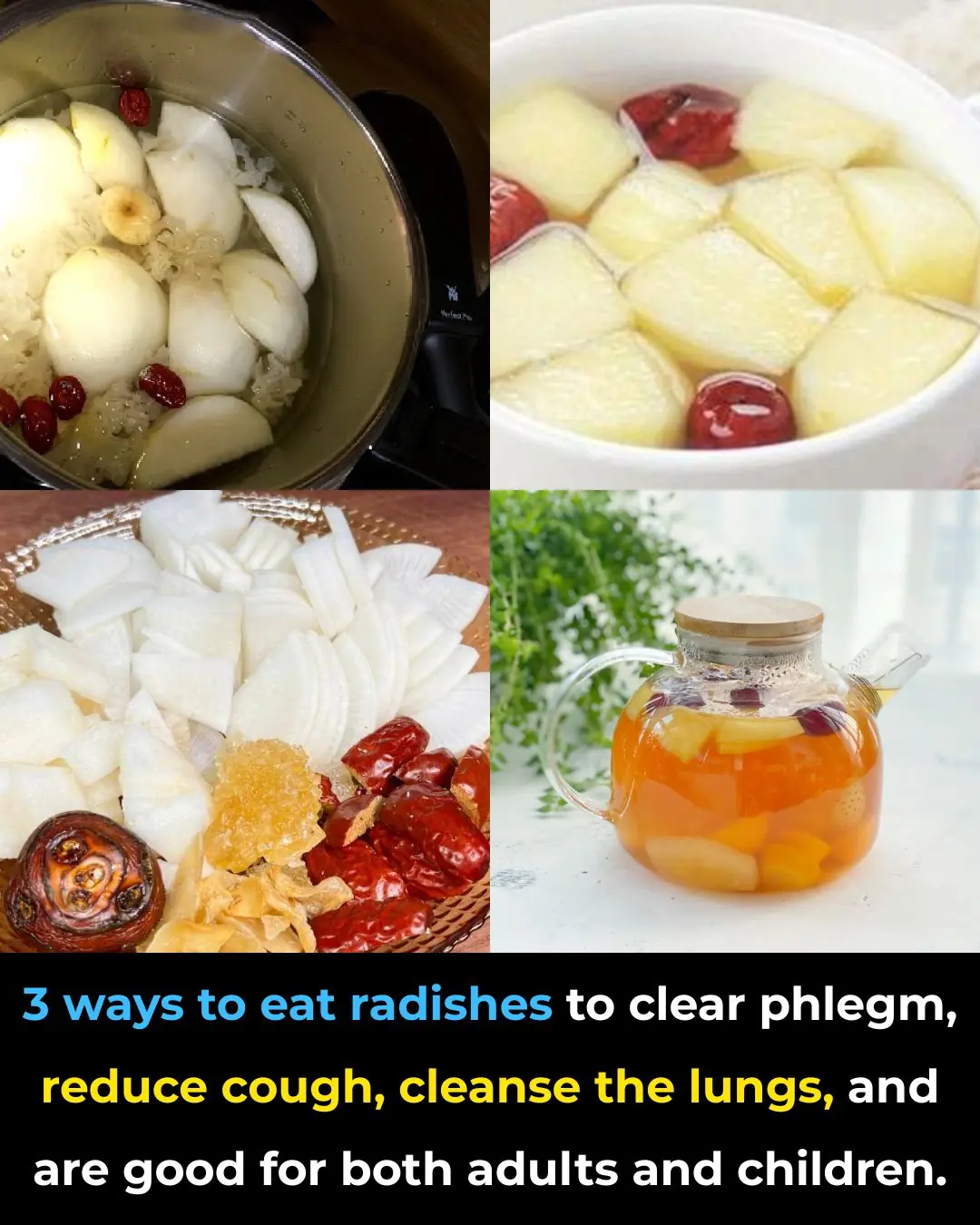
Three Simple Ways to Use White Radish to Reduce Phlegm, Relieve Cough, and Support Lung Health
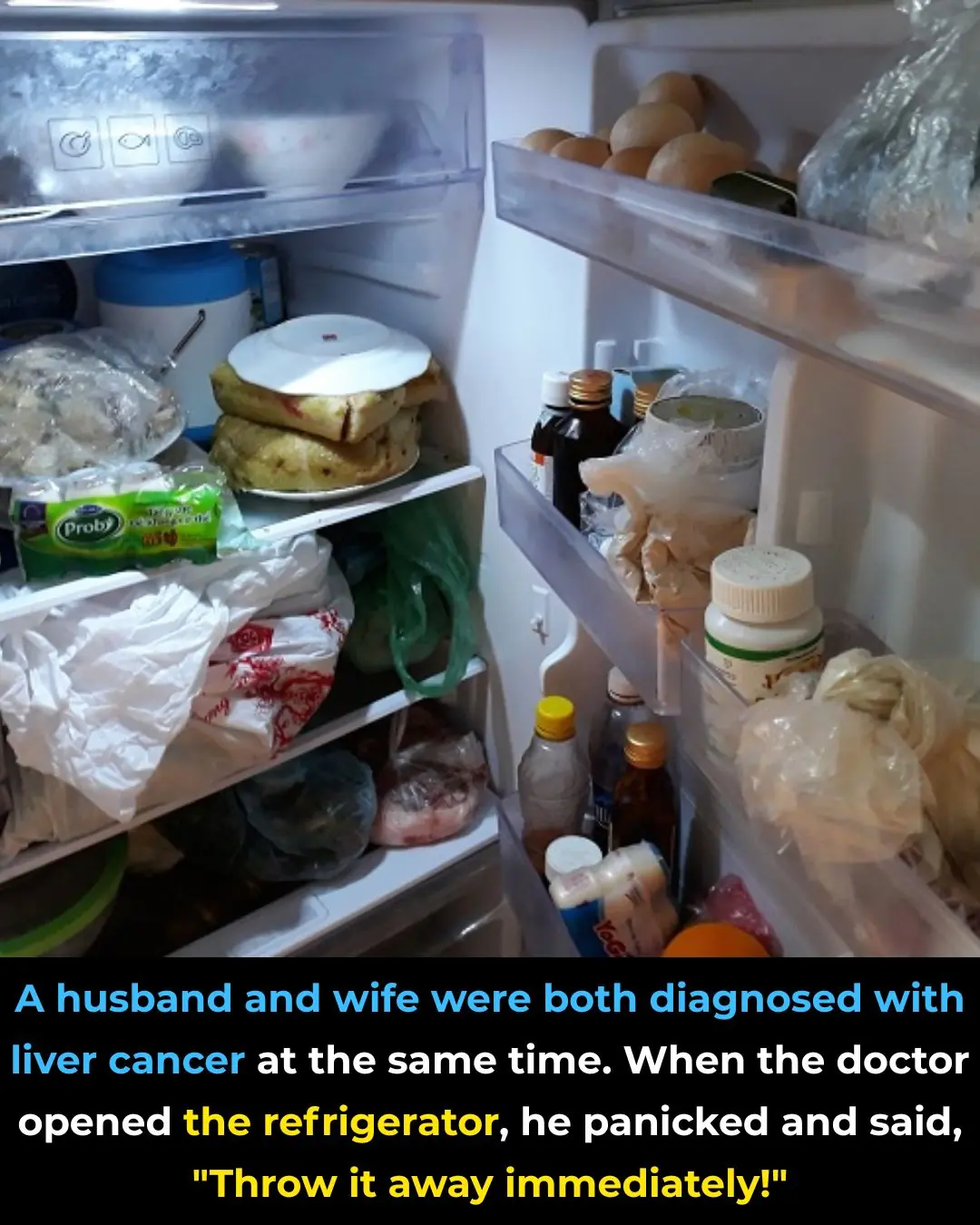
A Couple Diagnosed With Liver Cancer at the Same Time: Doctors Urgently Warn After Opening Their Refrigerator
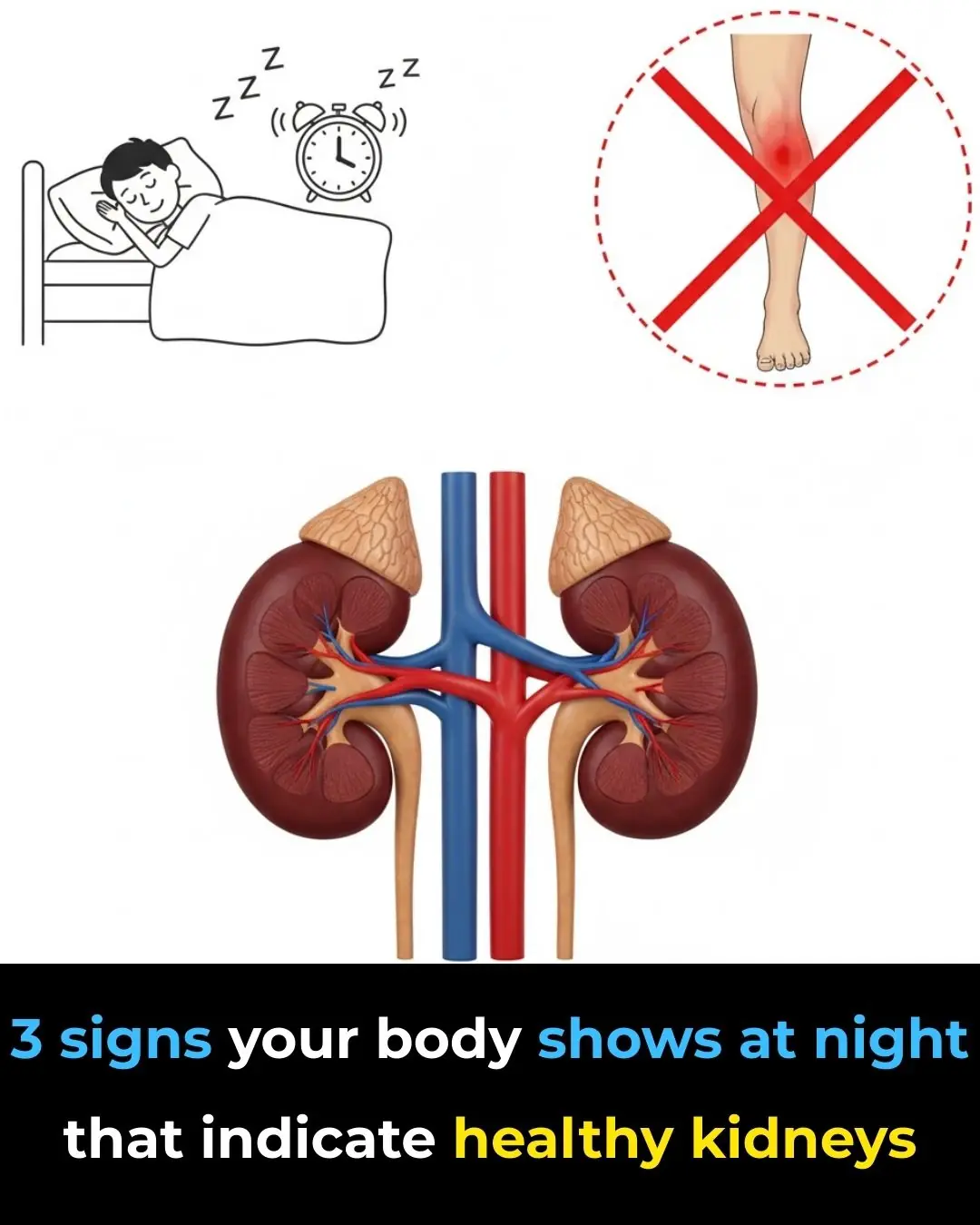
🌙 If You Notice These 3 Signs at Night, Your Kidneys Are Likely in Great Shape
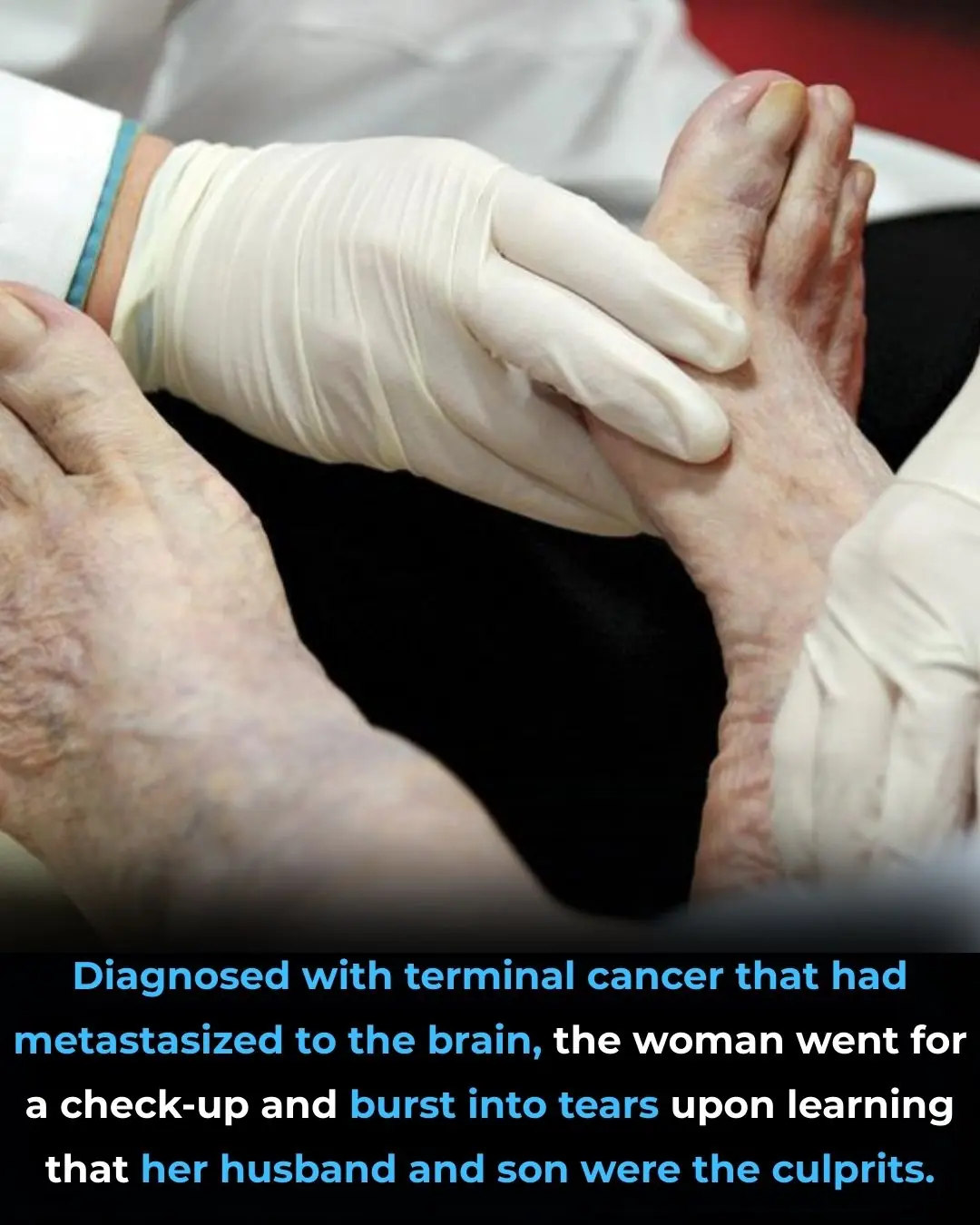
Diagnosed with terminal cancer that had metastasized to the brain, the woman went for a check-up and burst into tears upon learning that her husband and son were the culprits
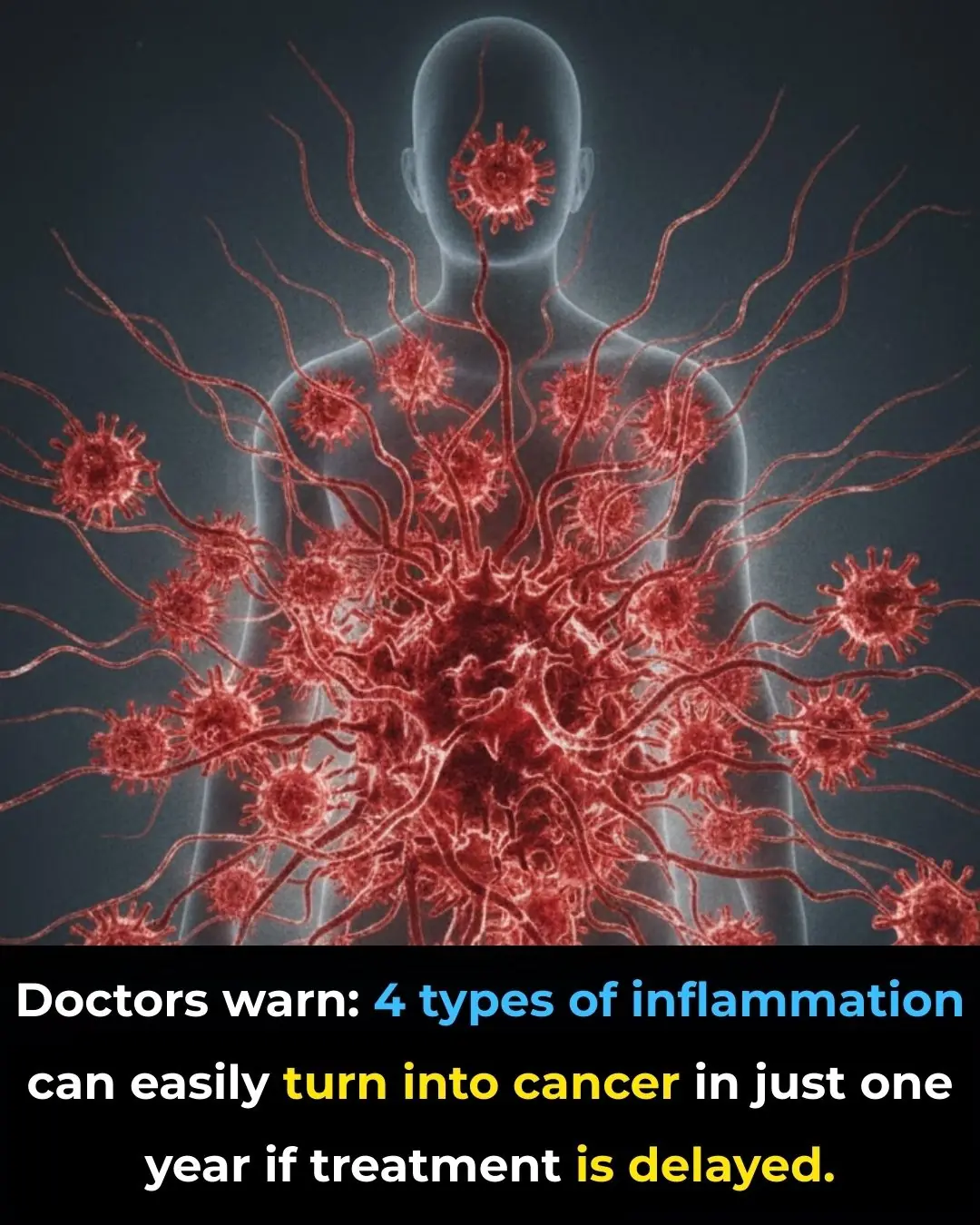
Doctors warn: 4 types of inflammation can easily turn into cancer in just one year if treatment is delayed
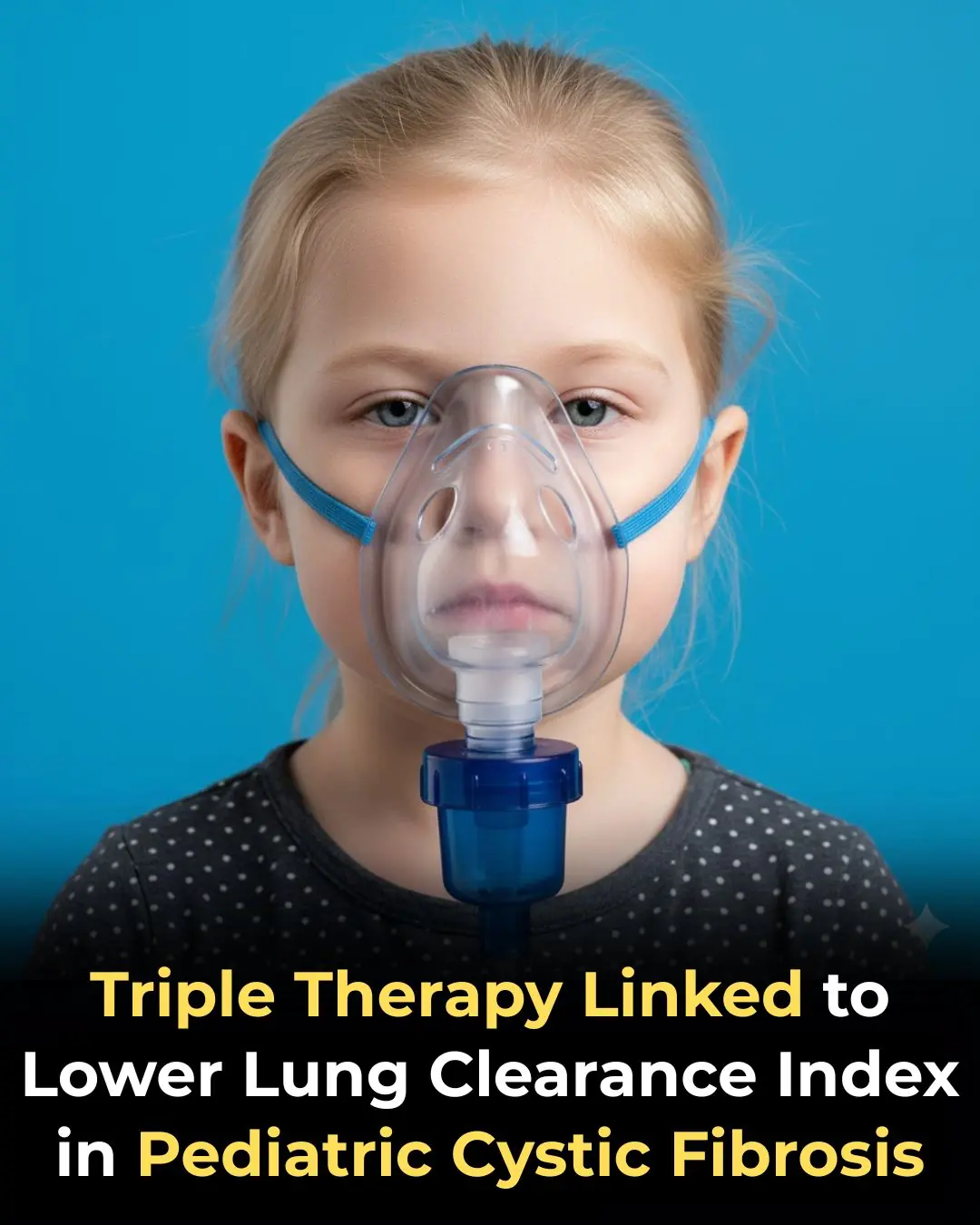
Triple Therapy Linked to Lower Lung Clearance Index in Children With Cystic Fibrosis

Drink Water First: Hydration on Waking May Sharpen the Brain More Than Your Morning Coffee
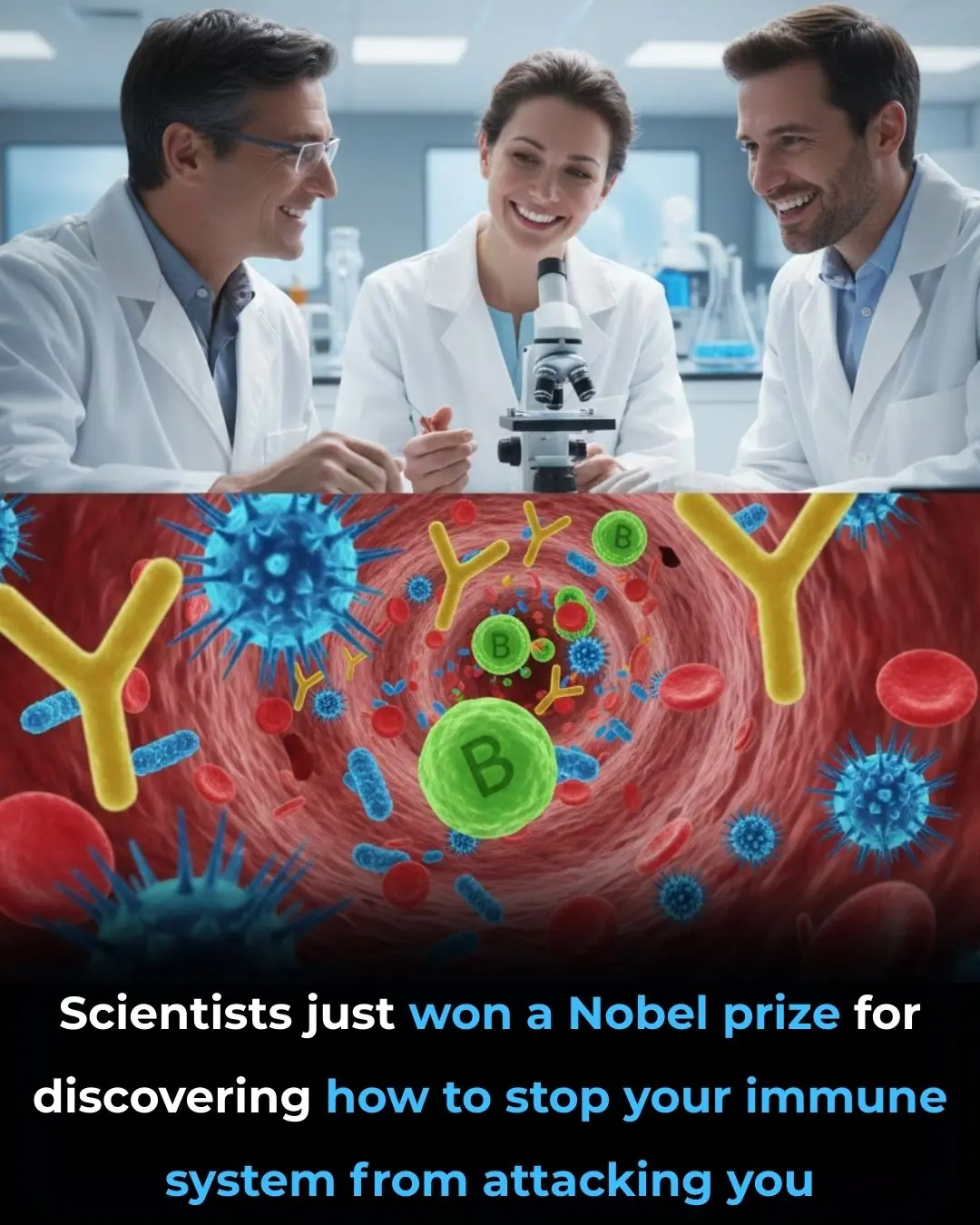
Nobel-Winning Discovery Reveals How to Stop the Immune System From Attacking the Body
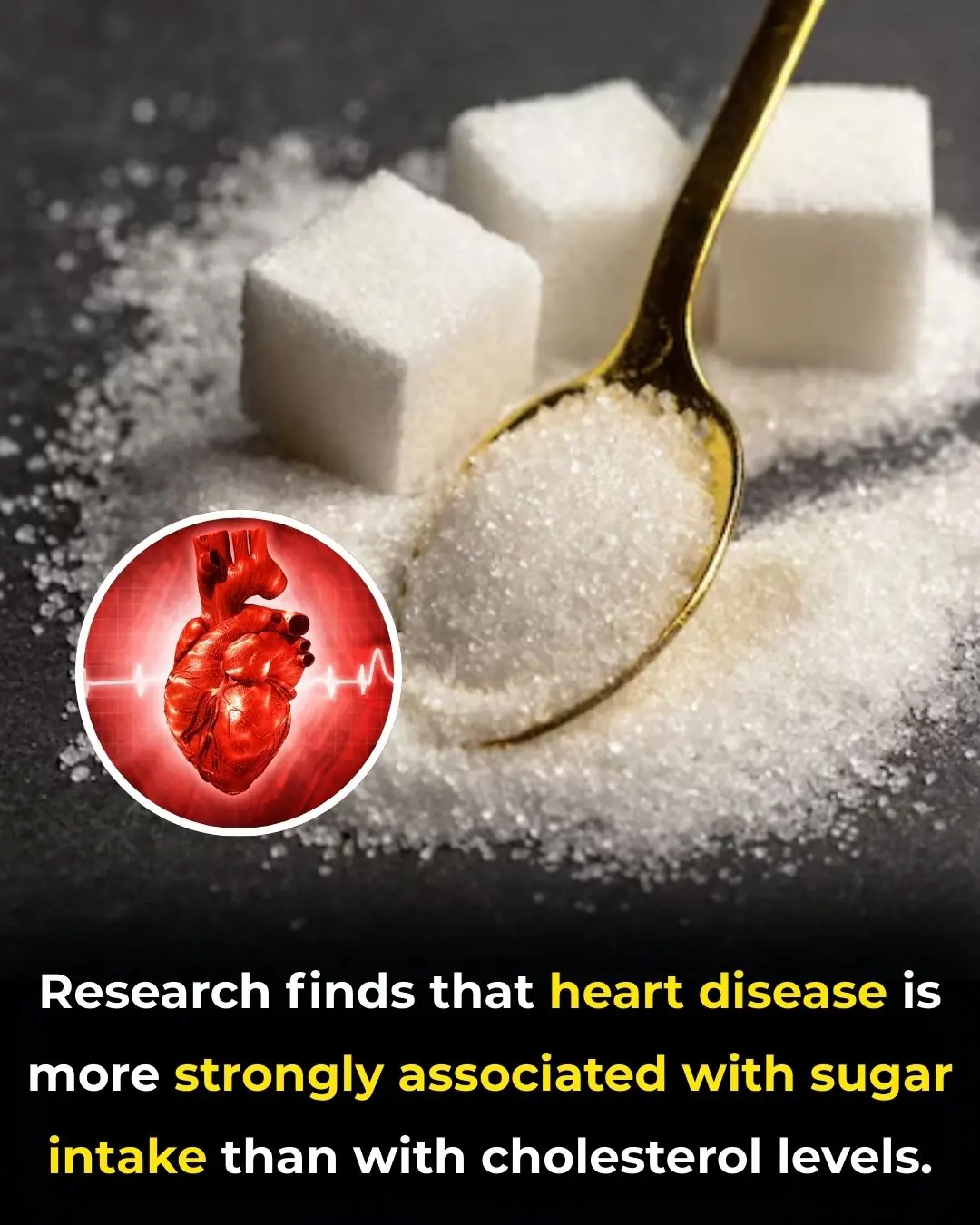
Why Sugar Matters More Than Cholesterol in Heart Disease Risk
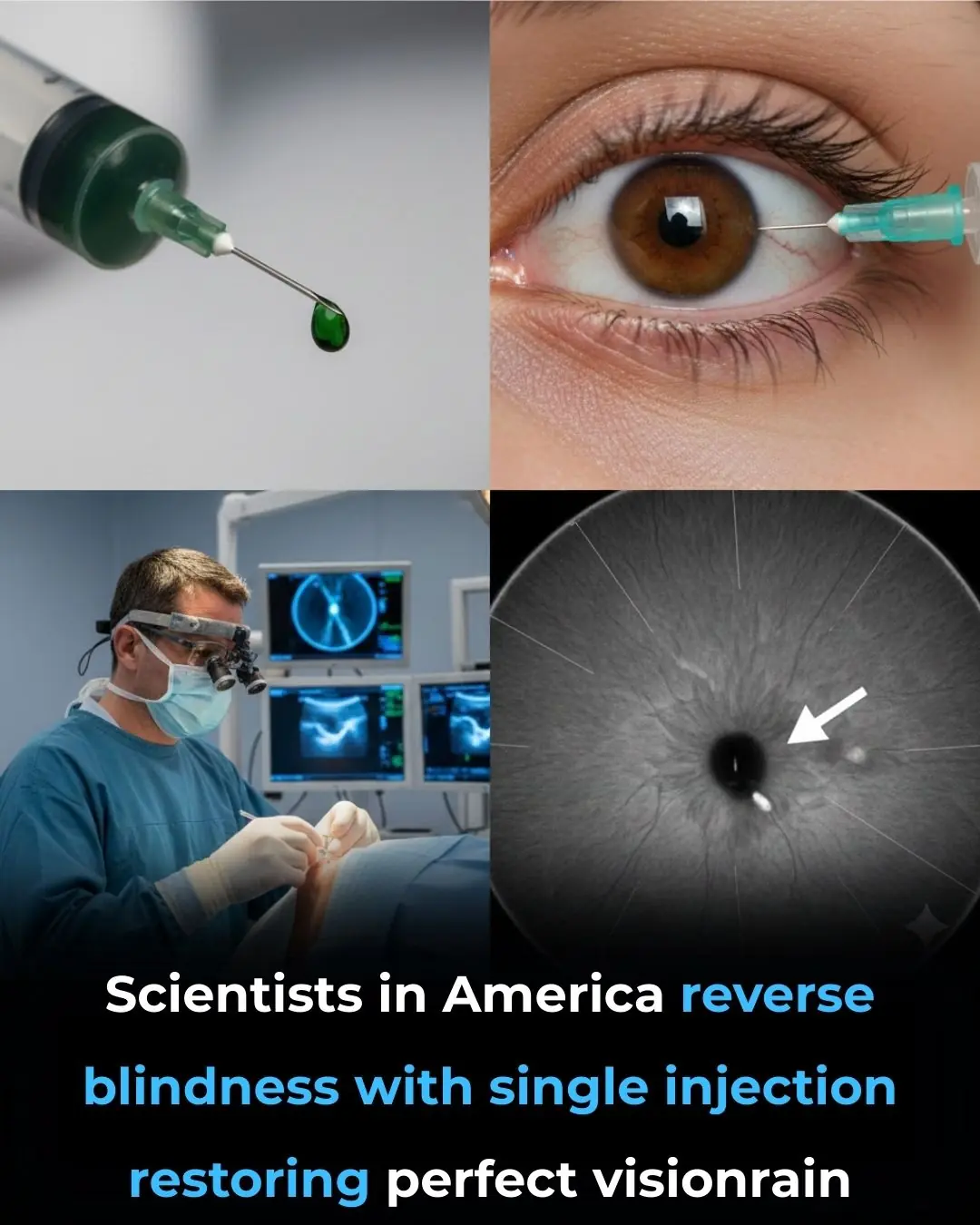
Single-Injection Gene Therapy Restores Vision in Patients With Inherited Blindness

Smelly but Smart? Weird Study Claims Your Own Gas Could Benefit Brain Health
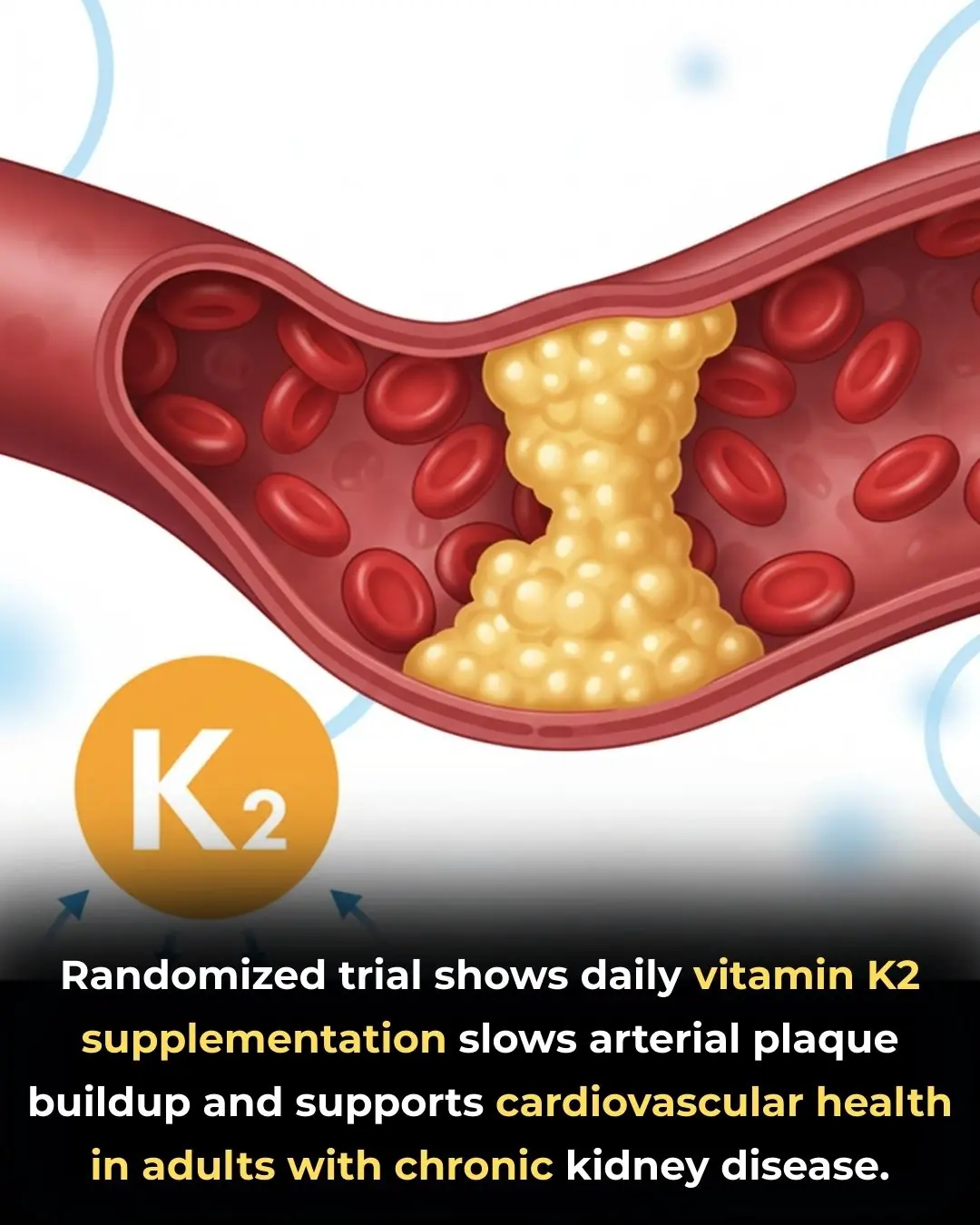
Vitamin K2 Supplementation Slows Arterial Plaque Progression in Chronic Kidney Disease
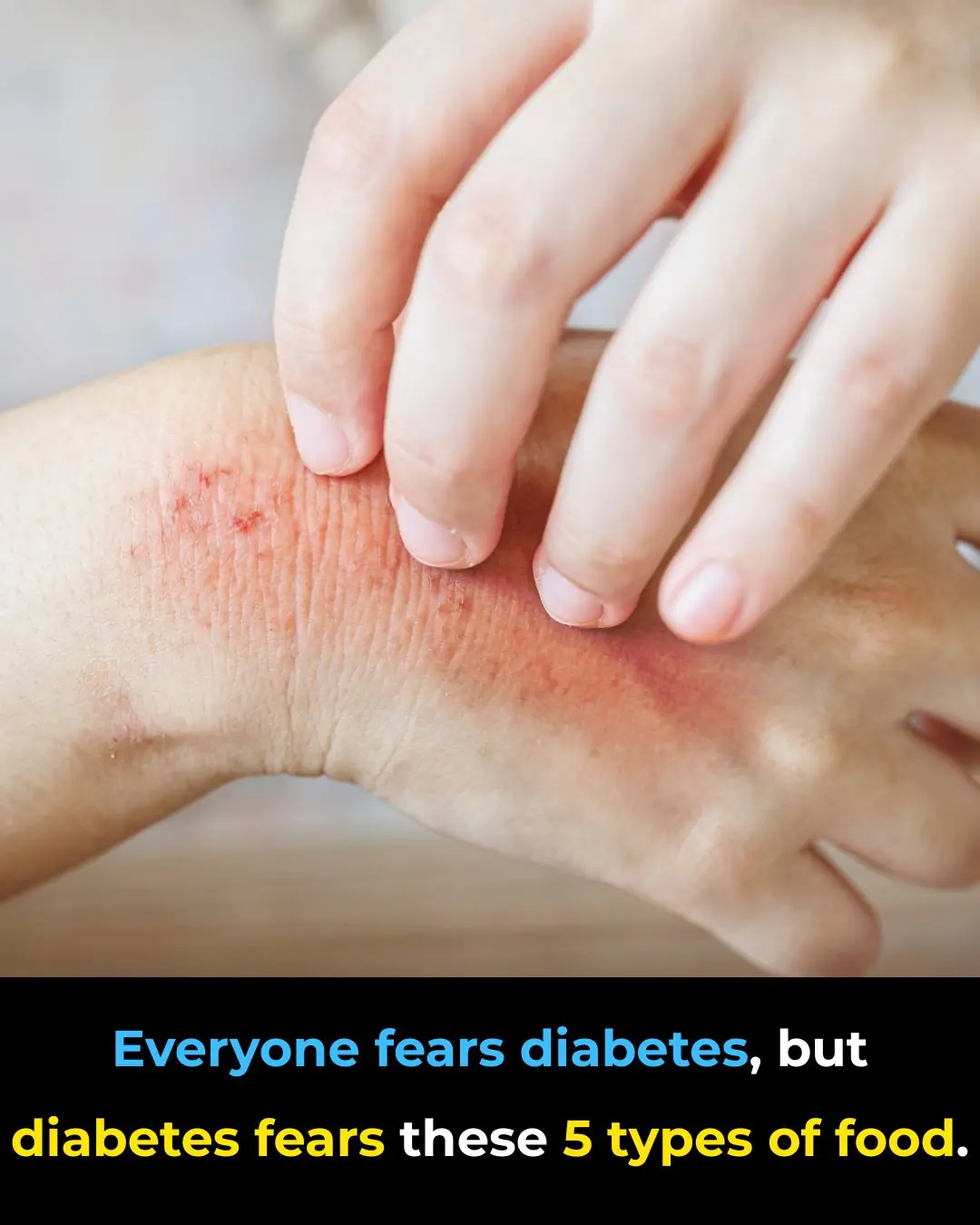
Everyone Fears Diabetes, but Diabetes “Fears” These 5 Foods

A Hard-Earned Lesson for Middle-Aged Parents: Let Go of These Habits, and Your Children Will Naturally Grow Closer
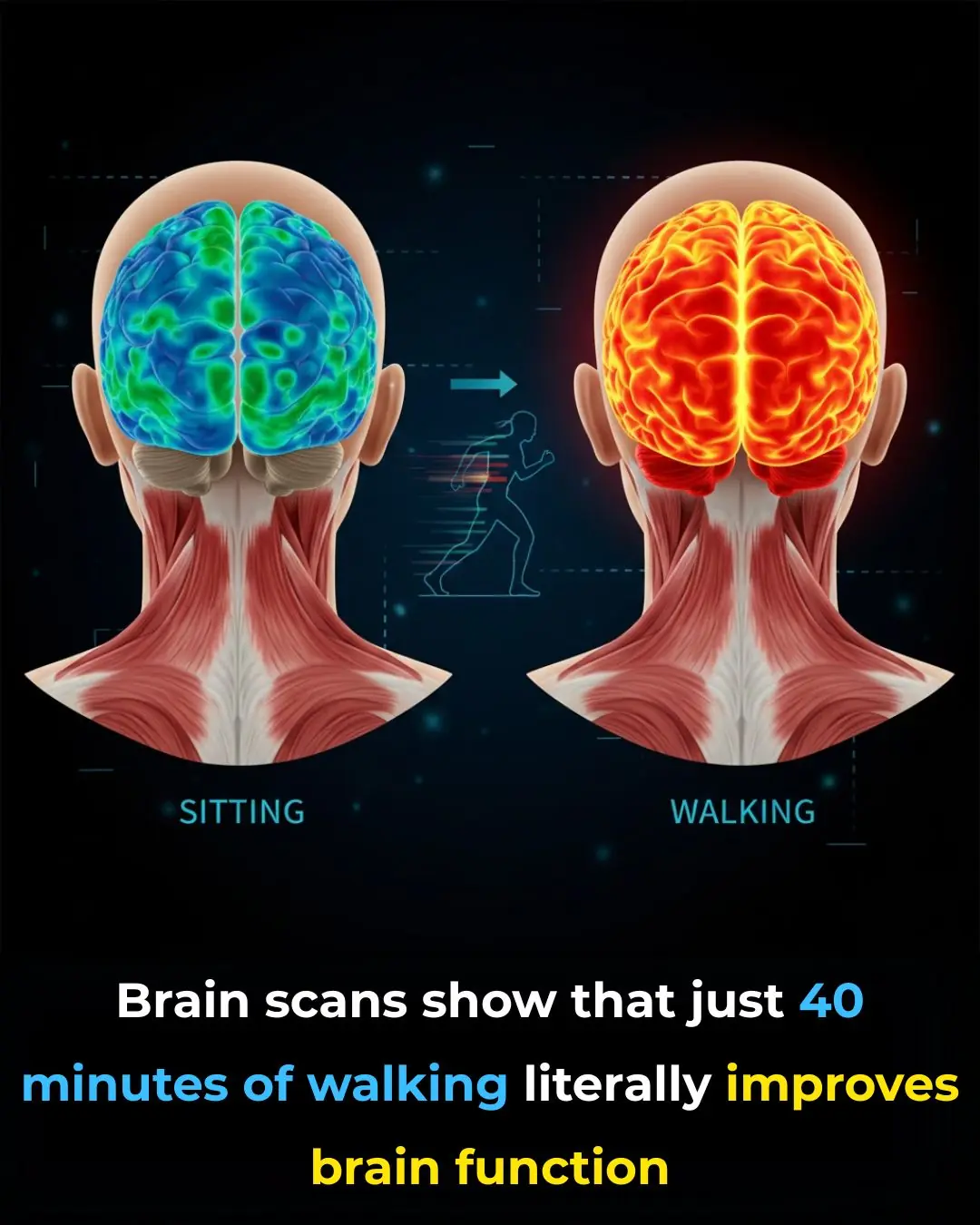
How Walking Activates the Brain: The Hidden Link Between Movement, Focus, and Mental Clarity

It’s Time to Protect Your Stomach: Remove These 5 Popular Vietnamese Breakfast Foods from Your Morning Menu
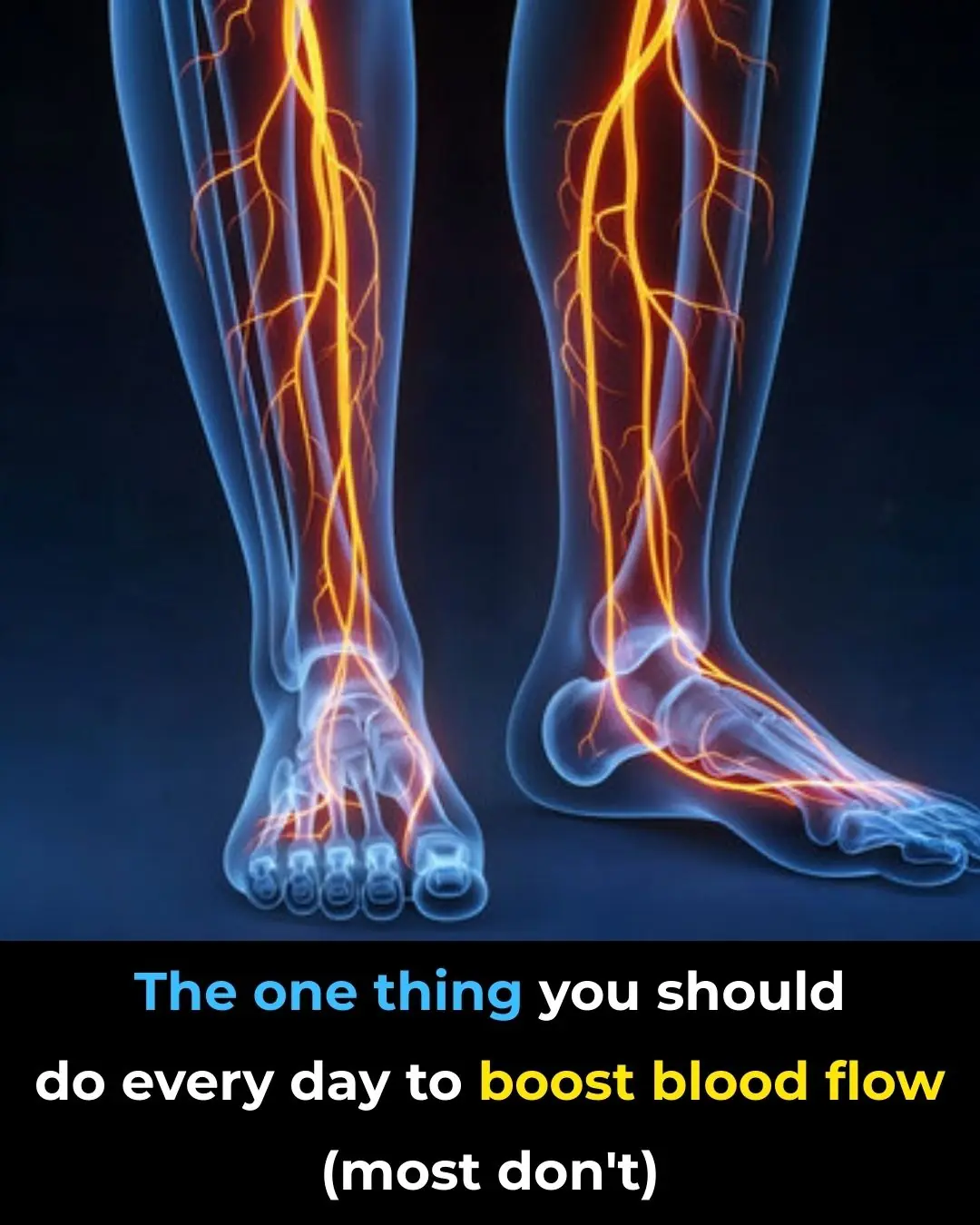
How to Improve Blood Circulation Naturally (Research Based)
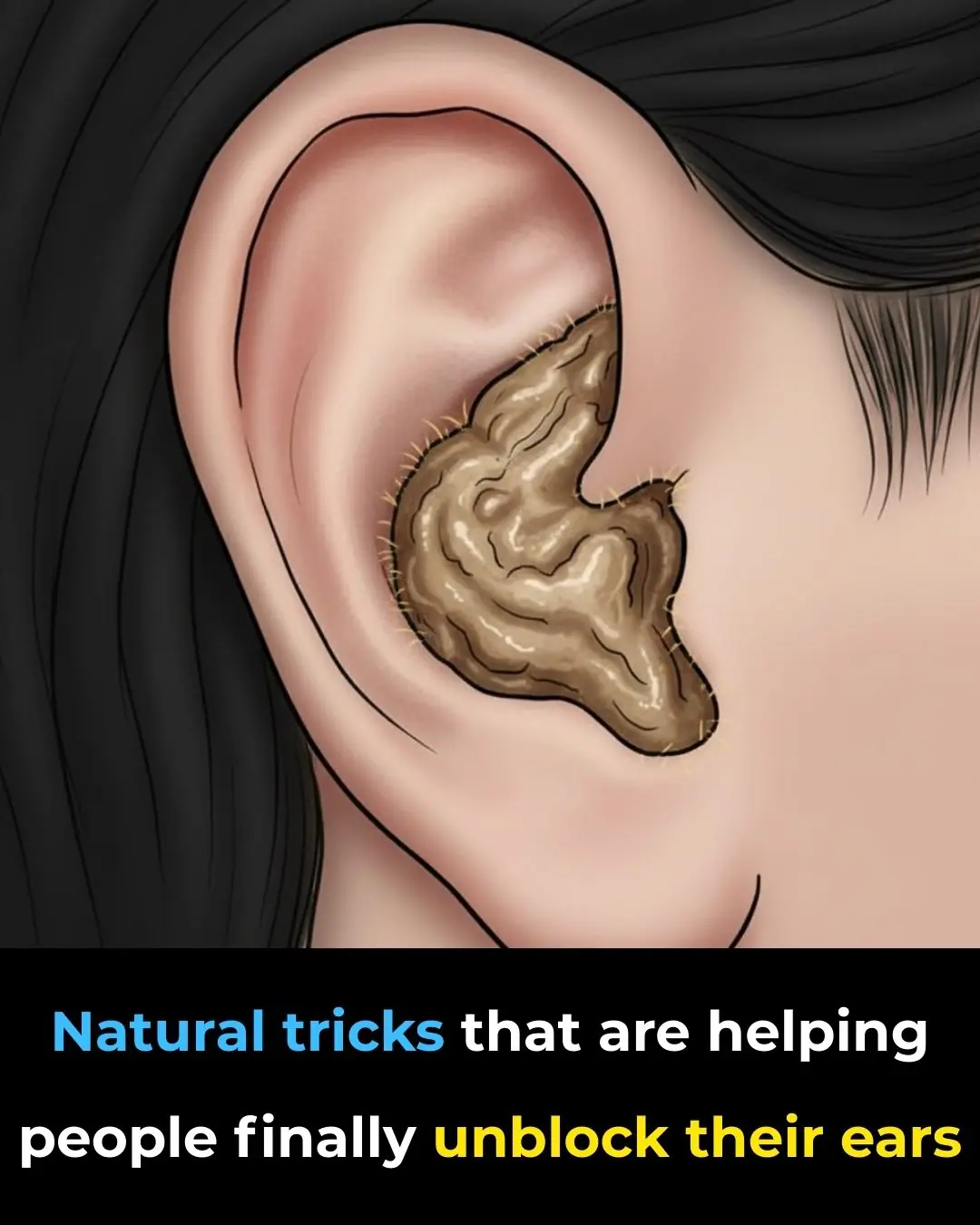
The Most Effective Ways to Naturally Get Rid of Clogged Ears
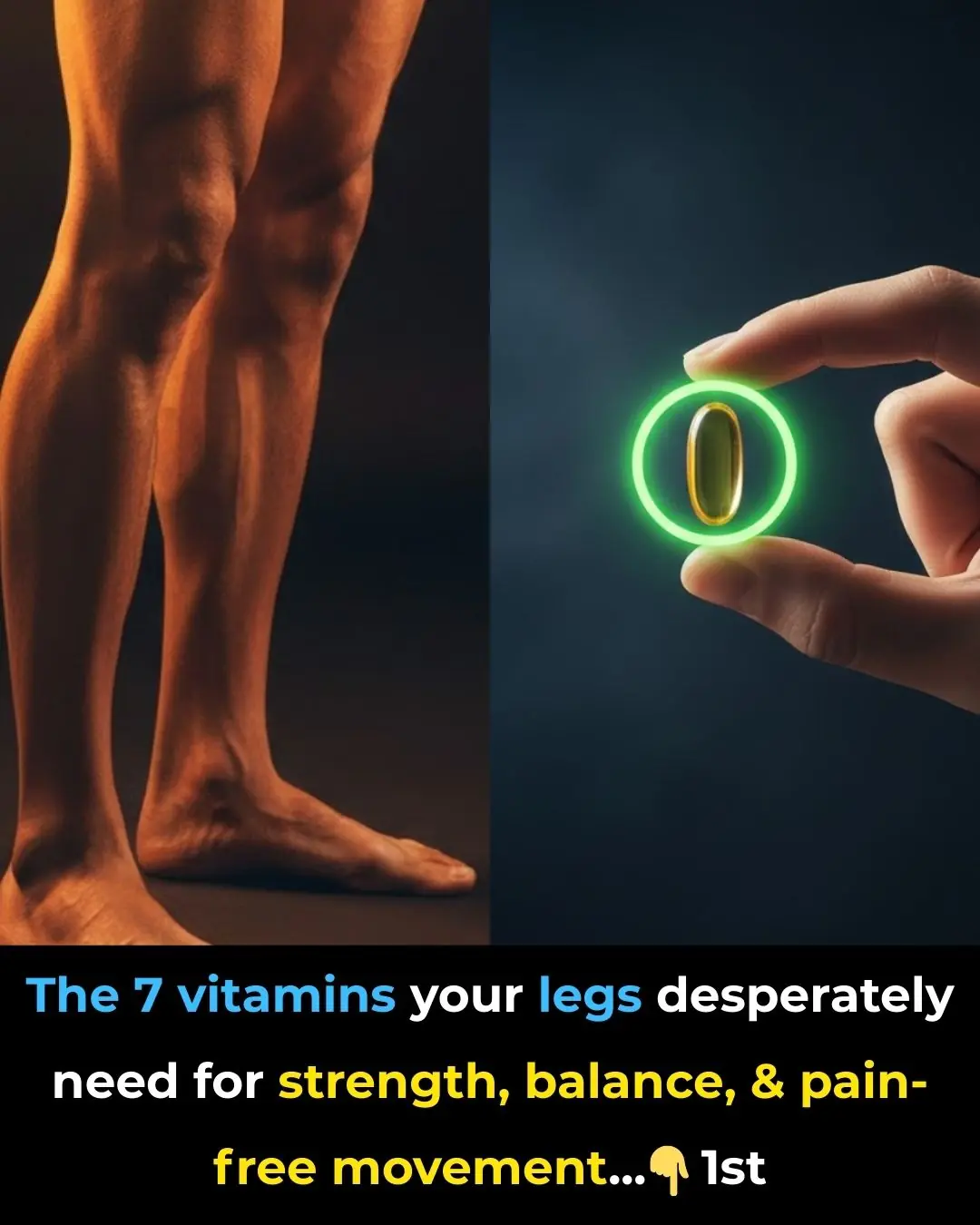
7 powerful vitamins you need for strong, healthy legs
News Post

Five Reasons to Eat One Banana a Day: A Simple Habit for Better Health and Longevity

Three Simple Ways to Use White Radish to Reduce Phlegm, Relieve Cough, and Support Lung Health

Dreaming of Deceased Loved Ones: Is It a Good or Bad Sign?

A Couple Diagnosed With Liver Cancer at the Same Time: Doctors Urgently Warn After Opening Their Refrigerator

11 dishes you should never cook in an air fryer; don't try it or you'll regret it.

Put Bay Leaves in the Corners of Their Kitchen
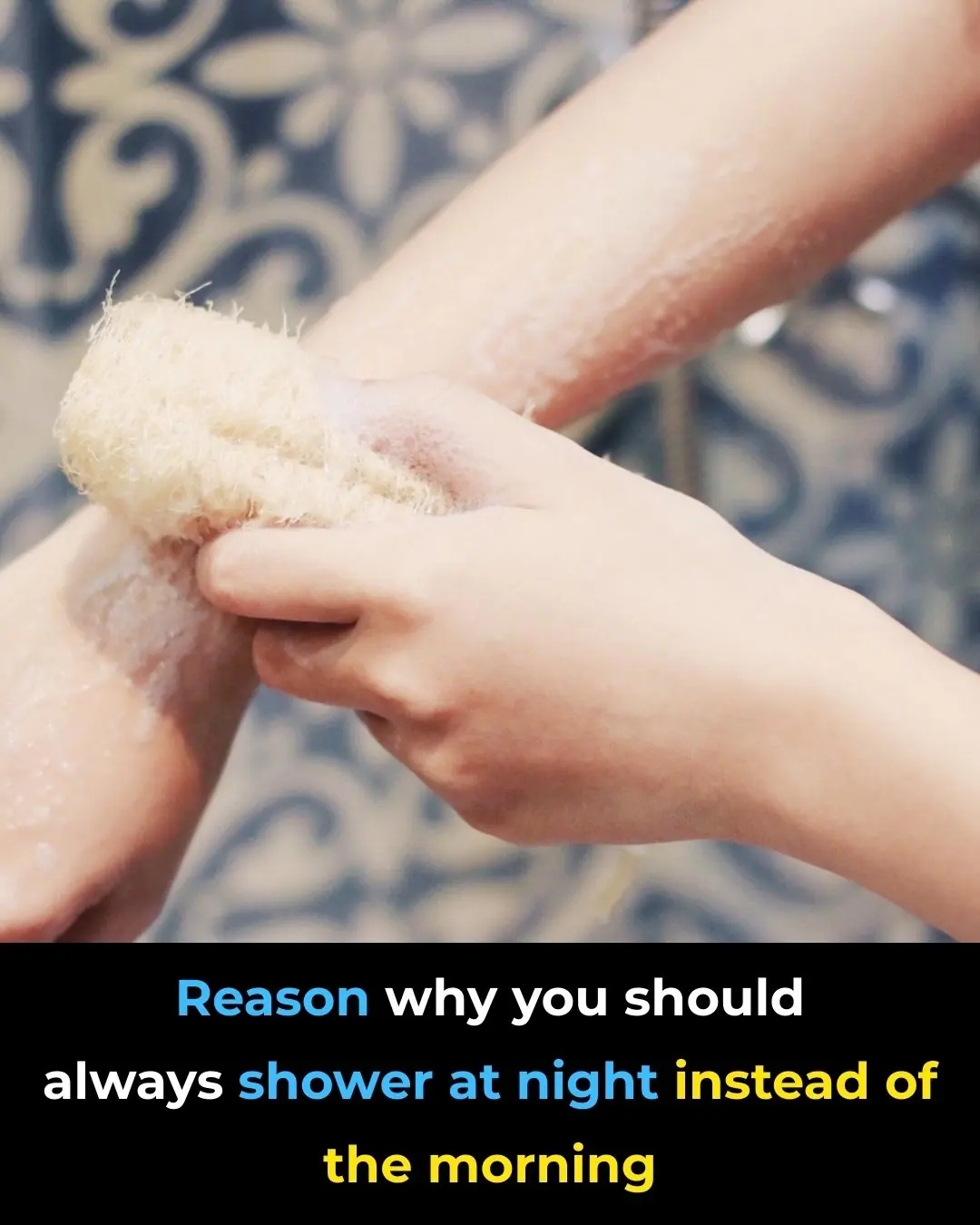
The Simple Nighttime Habit That Can Help You Fall Asleep Faster

🌙 If You Notice These 3 Signs at Night, Your Kidneys Are Likely in Great Shape

Diagnosed with terminal cancer that had metastasized to the brain, the woman went for a check-up and burst into tears upon learning that her husband and son were the culprits

Doctors warn: 4 types of inflammation can easily turn into cancer in just one year if treatment is delayed
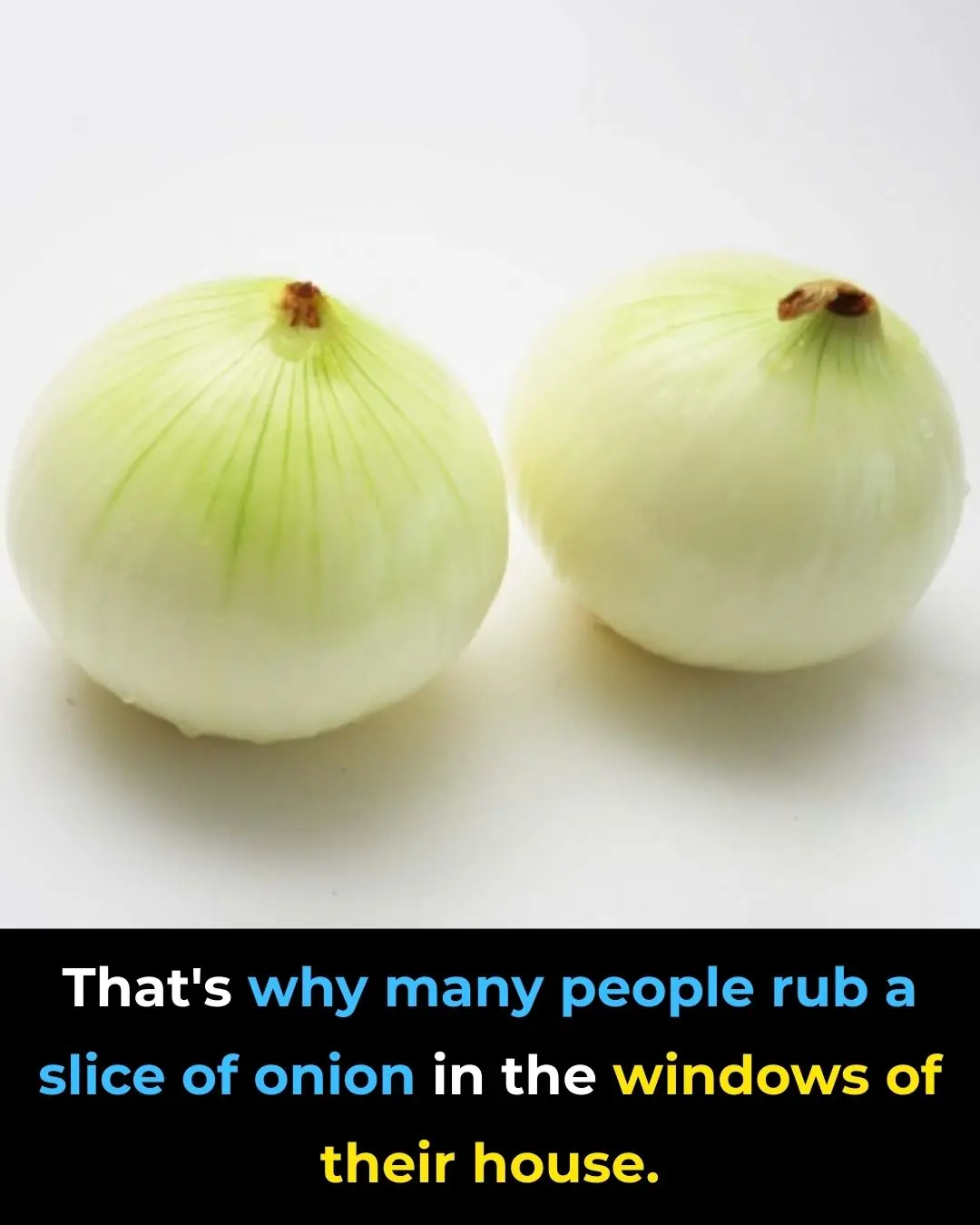
Why Some People Rub Onions on Their Windows

Harbhajan Singh’s Royal Gift: A Gold‑Plated iPhone 17 Pro Max ✨📱🏏

Kumar Sangakkara: Greatness in Simplicity 🏏❤️

Smart Money Choices: Shivani Gera’s Lesson in Real Wealth 💰🌍

Mukesh Ambani’s ₹7 Lakh Crore Vision: Gujarat at the Heart of India’s Next Decade 🚀🇮🇳

Chai Guy LA: A Bihari Street Vendor’s Viral Rise in California 🌍☕

Sridhar Vembu’s Divorce Settlement: A $1.7 Billion Shockwave in Global Business ⚖️🌍

Triple Therapy Linked to Lower Lung Clearance Index in Children With Cystic Fibrosis
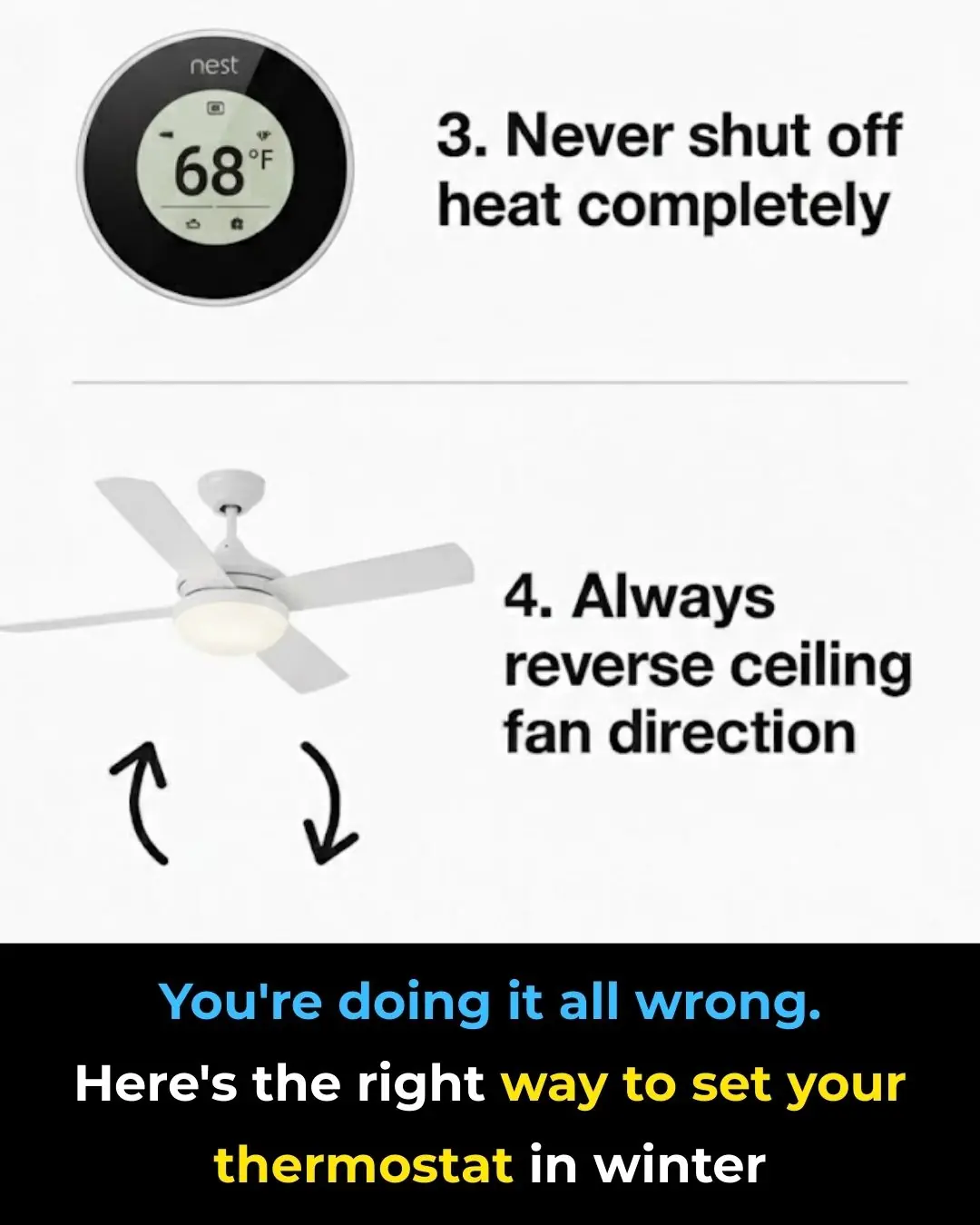
You're doing it all wrong. Here’s the right way to set your thermostat in winter
